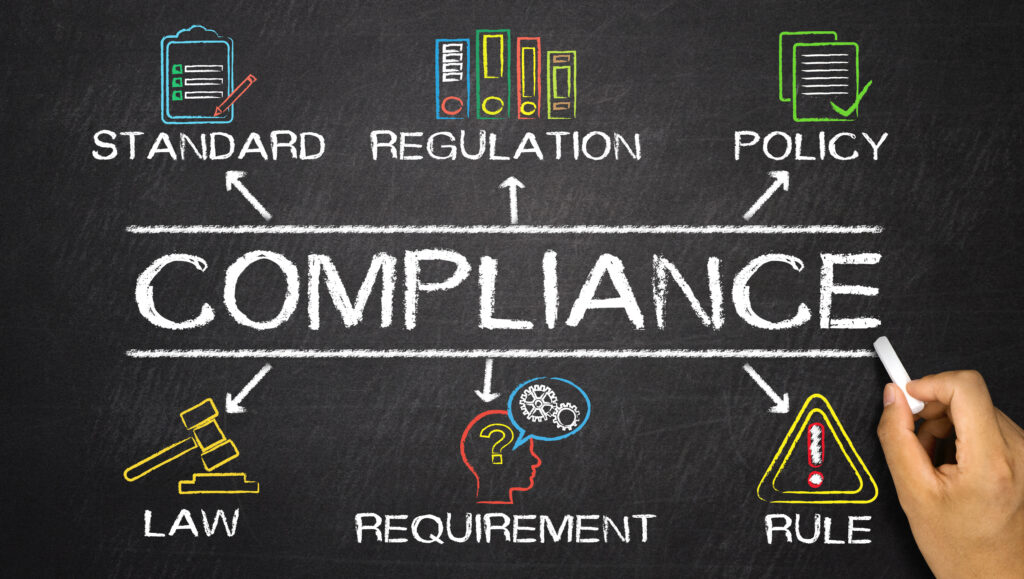Surcharging is a practice of adding a fee to a transaction when a customer uses a particular payment method, such as a credit card. In the United States, surcharging is regulated by the Dodd-Frank Wall Street Reform and Consumer Protection Act of 2010, which allows merchants to surcharge credit card transactions subject to certain conditions.
Being compliant with your merchant account processing is not only good business practice but it protects you from excessive fines from the card brands when discovered. Keep in mind “Ignorance is no excuse for non-compliance.” Below are examples to help guide you towards your compliance on surcharging. It is important to work directly with your merchant account provider to understand the specifics of your setup to ensure compliance.
| Compliant | Not Compliant | |
| Surcharge on Card transactions | Only applied to credit card Transactions | Applied to credit and debit card transactions |
| Amount of Surcharge | 3% or less | Anything greater than 3% |
| Same percentage for all card brands | Different percentages across card brands | |
| Notification to card brands | Code 28 populated | Code 28 blank |
| Cash Discount | Display full price for Credit card purchase, offer a discount on that price for non-credit card purchases, like Debit card or ACH | Display cash discounted price and charge a higher fee to the credit card purchase |
| Add a Processing Fee | No matter what it is named this is a surcharge, see above | No matter what it is named this is a surcharge, see above |
| Dual Pricing | All items display both a credit card price and a non-credit card price. | One sign that explains all prices have a fixed rate added if using credit card to purchase. |
